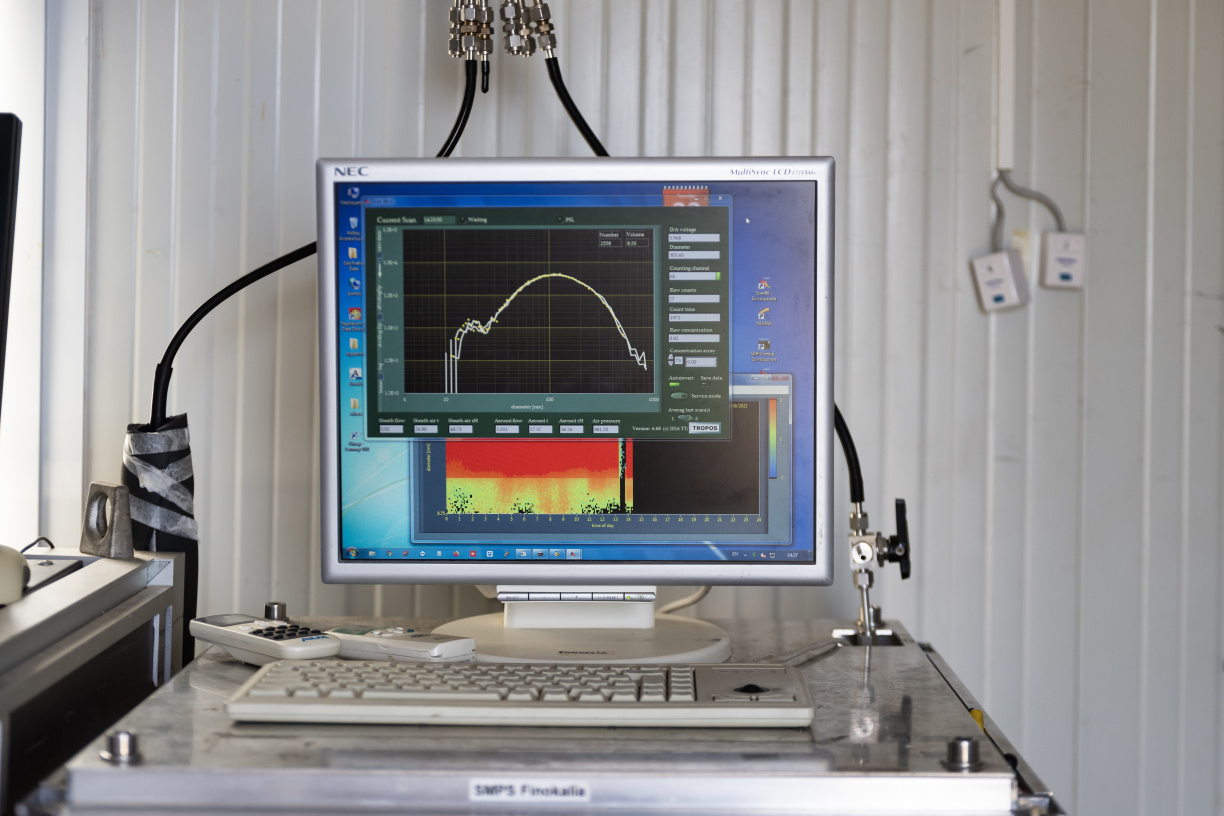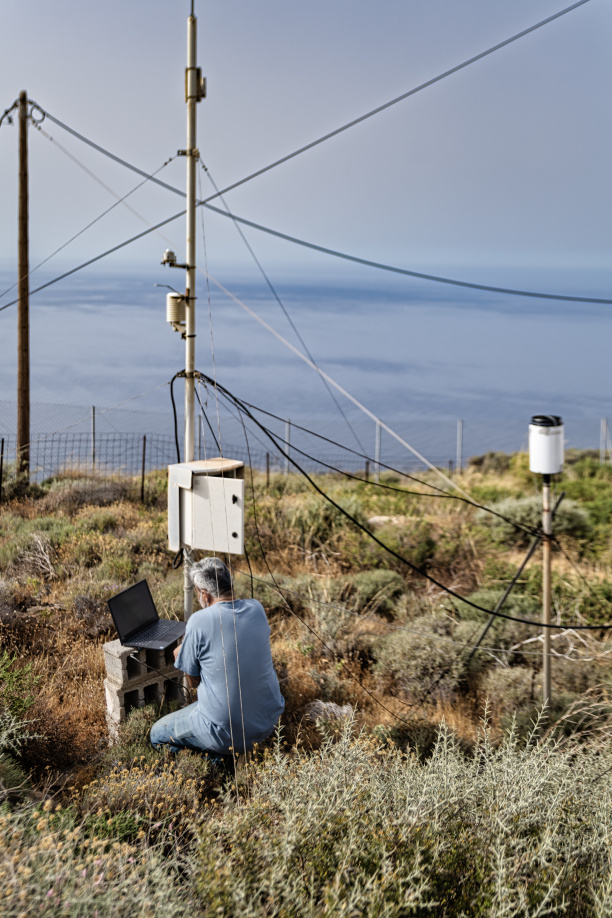Master Programme on ‘Environmental Sciences and Enginnering’
Background/Motivation
With a number of Green Deal projects supported by H2020, Europe aims at climate neutrality by 2050 and envisions to tackle the current major challenges with respect to the environment, climate and society, in order to achieve sustainability regionally and globally. Actions are needed to meet the Paris agreement and require efforts of the governments, the private sector and the individuals, on global, regional and local scales. To be successful, they have to be addressed at informed, conscious and active citizens, who understand the challenge and are ready to alter their way of living and thinking to protect our planet. Climate education and engagement has been identified as one of the key leverage points in transitioning to a decarbonized society. Therefore, the key to achieving Green Deal objectives is the education of the new generations in
- climate change causes and consequences, and how climate change can be mitigated and societies adapted to,
- environmental protection and engineering in view of sustainable development of humanity.

Learning objectives
This Master Programme aims to introduce and train young scientists in the field of Environmental Sciences and Engineering with focus on environmental pollution and climate change, and techniques to observe, simulate and mitigate them.
The way forward
In line with its learning objectives, the MSc Programme on Environmental Sciences and Engineering is introducing the trainees
- to Earth System Science and Climate Change,
- environmental pollution impacts on environment, human and ecosystem health and the Earth system.
- to modern analytical techniques to quantify environmental pollution, including health relevant and the essential climate variables, covering the full range of laboratory, in-situ and remote sensing methods, ground-based, aircraft or satellite-based.
- to numerical modeling of air pollution and its climate impacts, covering all scales from molecular, local to global.
- to antipollution technologies and
- to notions of Environmental Law, Economics and Management.
Thus, the trainee acquires theoretical knowledge on environmental pollution and its impacts including climate change, develops skills in state-of-the-art analytical an antipollution techniques and observations, data analysis and numerical modeling tools.
The training will contribute to the promotion of the modern and rapidly developing interdisciplinary field of observation and abatement of environmental pollution, its impacts on climate change and human and ecosystem health and the mitigation of these effects as well as the corresponding technology in our country.

General Characteristics
120
Duration
24 Months (full time)
Starts
October & February each year
Language
Greek or English
Fees
There are no fees
Language: The courses are taught in Greek or English depending on the audience. The Master thesis can be written in Greek or English after approval from the overseen committee.
Maximum number of admitted MSc students per year: 10 (after open call, selection is done based on qualifications and interview).
Frequently asked questions
Who can apply?
The program is addressed to graduates of Faculties of Sciences and Technology, Faculties of Engineering, Schools of Agriculture, and other Faculties of related subjects of Higher Education Institutions.
What is the methodology used?
The training curriculum consists of a number of specialized lectures on the above mentioned topics, laboratory and field work, hands-on exercises on data analysis and numerical modeling.
Is the programme full time?
Yes, and it lasts 4 semesters
What is the cost of the programme?
The programme is free.
Is the programme taught in English?
The courses are taught in Greek or English depending on the audience. The Master thesis can be written in Greek or English after approval from the overseen committee.